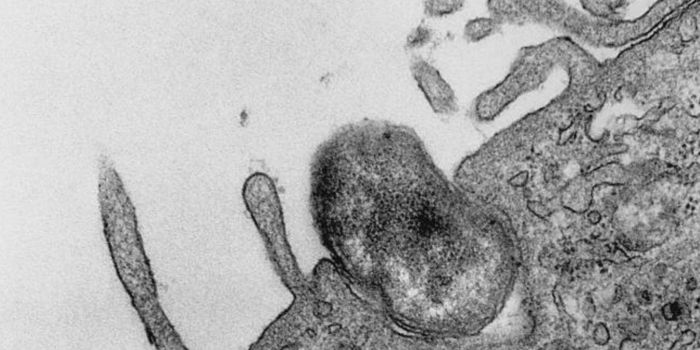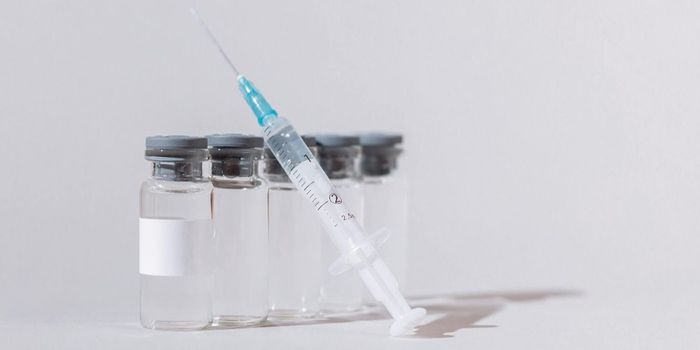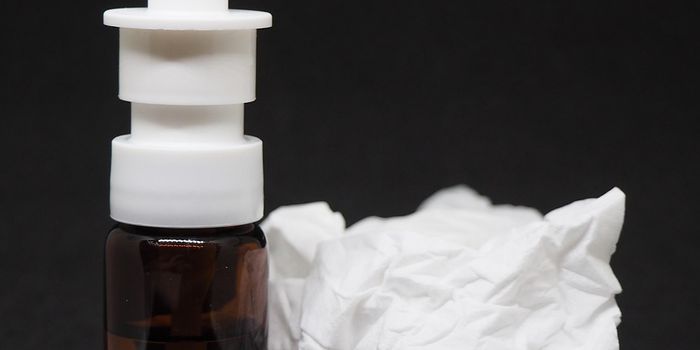Caesar Rodney: A Founding Father Suffering from Facial Cancer
Today the United States celebrates Independence Day, the quintessential American holiday commemorating the day the Founding Fathers agreed to the final draft of the Declaration of Independence. This historical document created the United States of America and separated the 13 colonies from Great Britain.
Among the rigorous discussions trying to meld together the ideologies of a group of men with some similar but some opposing views, it’s safe to imagine many memorable moments during the final deliberations of the announcement of the founding of the United States. One contender for a history-making event during the Second Continental Congress is the entrance of a late-coming delegate from Dover, Delaware, named Caesar Rodney. Not only did Rodney’s arrival change the mood, and possible the course of history, but he also completed a “midnight ride” while suffering from a painful facial deformity resulting from cancer.
Cancer and Treatment
Rodney had asthma, and he suffered from facial cancer that caused a severe deformity that developed in his late 30s. In 1768, Rodney visited a doctor in Philadelphia who diagnosed a sore on his nose as cancer. Rodney underwent a course of treatment and then had the tumor extracted from his nose by a prominent Philadelphia physician, Dr. Thomas Bond. Rodney wrote to his brother explaining how the surgery left a bone-deep hole in his face, extending from his eye to his nose. For the rest of his life, Rodney wore a green scarf over his face in public.
Rodney’s Ride for Independence
As of July 1, only nine of the 13 colonies planned to vote in favor of independence from Great Britain. New York planned to abstain from the vote, and South Carolina and Pennsylvania opposed the resolution. The two delegates from Delaware reached a stalemate; George Read opposed severing ties with the British while Thomas McKean favored independence. While at home in Delaware, Rodney received notice of the deadlock.
Weak and ill, Rodney, aged 48, hopped on a horse and rode the 80 miles to Philadelphia during a thunder storm. Rodney’s arrival set off a series of events culminating in the approval of the Declaration of Independence. Rodney entered the building now known as Independence Hall, ready to break the tie ensuring Delaware’s support for independence. Shortly after, South Carolina changed their vote to favor independence. The Pennsylvania delegates opposing the Declaration stayed away, and the remaining delegates voted in favor. With New York abstaining, on July 2, the colonies passed the resolution with a 12-0 vote. On July 4, 1776, the Second Continental Congress agreed on their final draft, which had undergone substantial debate and revision over the previous week.
Declining Health & Death
For more than 15 years, Rodney continued to suffer from the effects of his cancer and often traveled between Dover and Philadelphia for treatment. He described the disease in letters describing his cancer as a “horrid and most obstinate disorder.” In 1783, Rodney was elected to the Delaware General Assembly and chosen as the Speaker of the Upper House. Shortly after, Rodney became too weak to travel, and the General Assembly voted to meet at his home. While Rodney appeared far too sick to conduct business, this served as a final courtesy, demonstrating the respect she earned from friends and colleagues. He died at age 56, due at least in part to the facial cancer that plagued the latter part of his life.
Sources: Descendants of the Signers of the Declaration of Independence, National Geographic, History, Caesar Rodney patriot: Delaware’s Hero for all times and all seasons











